In-person Humanitarian Assistance Course
The International Diploma in Humanitarian Assistance (IDHA), the flagship program of the Institute of International Humanitarian Affairs, is designed to equip mid-career professionals with essential knowledge and skills needed to navigate the complex landscape of humanitarian aid and to drive the humanitarian sector of the future in a more effective, sustainable, and dignified direction. Students will develop a holistic perspective on global humanitarian issues to propel them to the next level in their careers, helping them create positive social change both in and out of the field. The IDHA focuses on four core learning objectives that guide students in their professional development:
For over 28 years, the intensive, four-week residential training of the International Diploma in Humanitarian Assistance (IDHA) has welcomed thousands of humanitarian workers in cities around the world – from Kathmandu to Amman, New York to Pretoria. Unique among other academic training of its kind, the IDHA emphasizes cultural diversity, cooperation, and teamwork. Students join a cohort of diverse and highly qualified aid and development professionals from all over the world.
Directed by alumni practitioners, the IDHA centers around the Ignatian principle of being people for others by enhancing students’ knowledge and skills in complex emergency and protracted crisis intervention. Students are also encouraged to critically examine global humanitarian processes to identify necessary reforms in both the public and private sectors.
IDHA 62 Pretoria, South Africa
May 17 – June 12, 2026
Application deadline for IDHA 62 is May 4, 2026. We recommend submitting your application as far in advance as possible, however, to give yourself time to prepare your trip to the training location. This includes booking flights, Visa process, and accommodations if applicable.
More information
Pricing is listed on our FAQs page.
Contact iiha@fordham.edu or (718) 817-5732 for program and application questions.
Contact m.vanderdoes@fordham.edu if you are interested in taking the IDHA for credit as an MSHS student.
Learning Goals
Upon completion of the International Diploma in Humanitarian Assistance (IDHA) program, students will be able to gain:
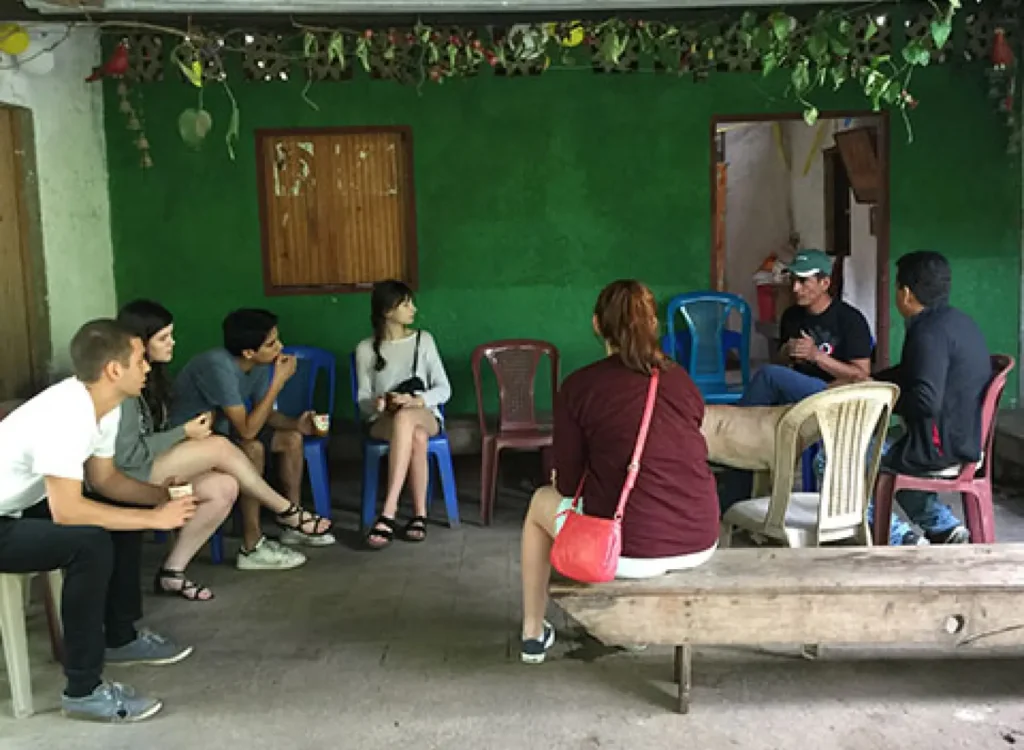
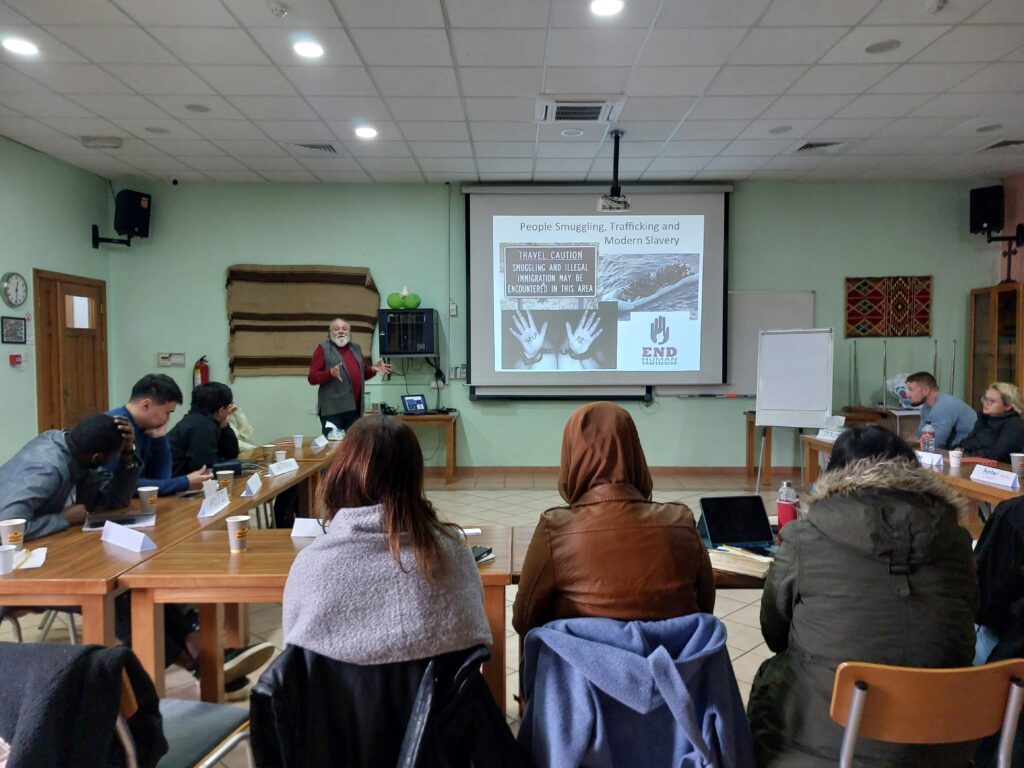
IDHA Program Highlights
Sometimes people work in the humanitarian sector without having a background or a theoretical understanding of everything related to this field. The IDHA gave me all of this. Continue reading her story.
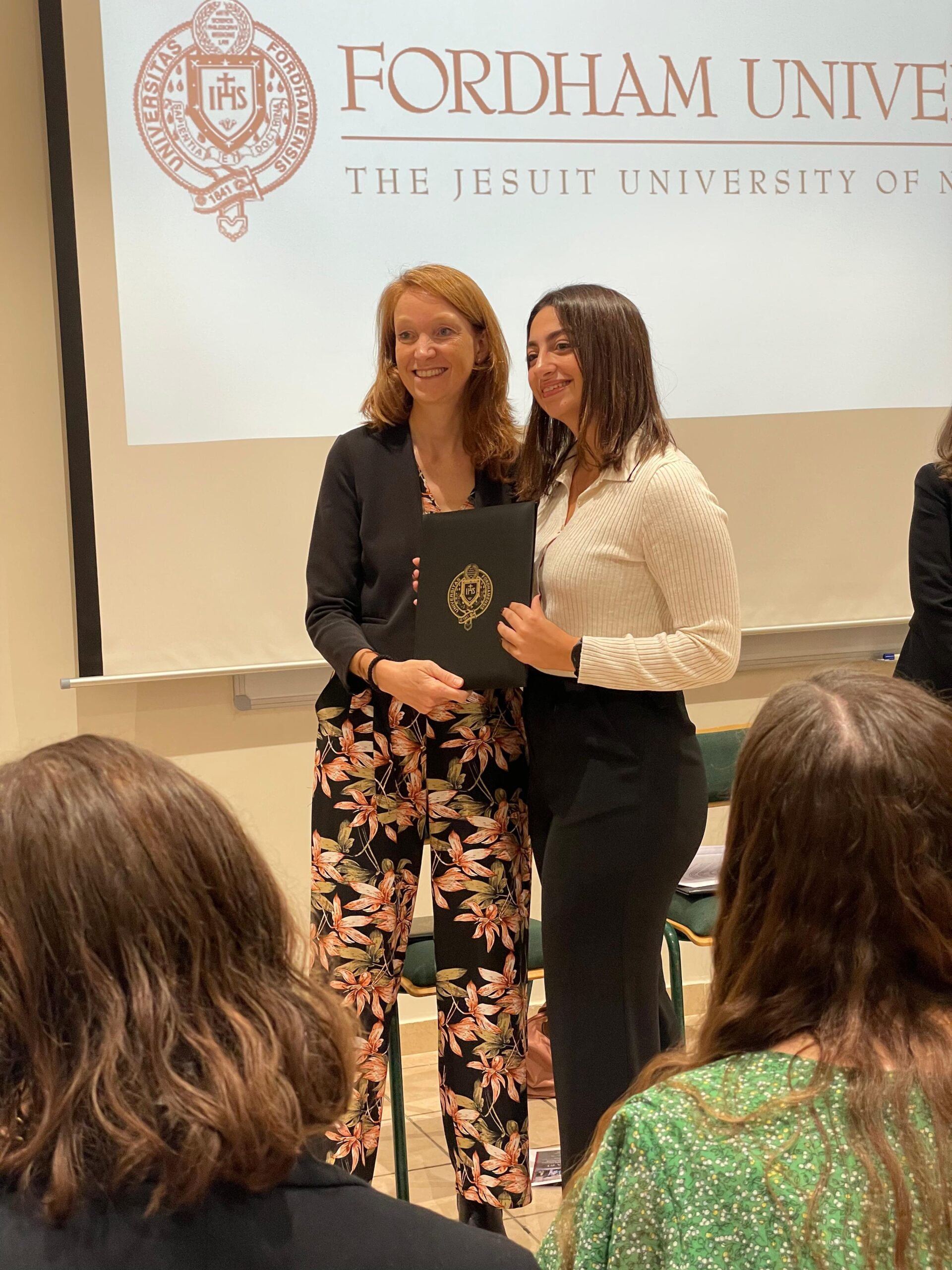
IDHA 61, Amman, Jordan
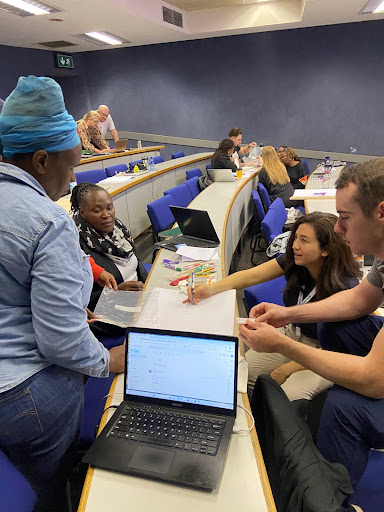
The curriculum emphasised practical application of a full range of humanitarian action disciplines — from International Humanitarian Law, sector reform, camp management to Sphere Standards. We were kept busy learning the rudiments of the humanitarian trade. To place theory into context, our visit to Mamelodi showcased pioneering advocacy work that integrated the efforts of academia, local NGOs, and citizen leaders. Throughout this intensive learning, we remained reflective practitioners, constantly examining our assumptions and biases. Continue reading Haymond’s story.
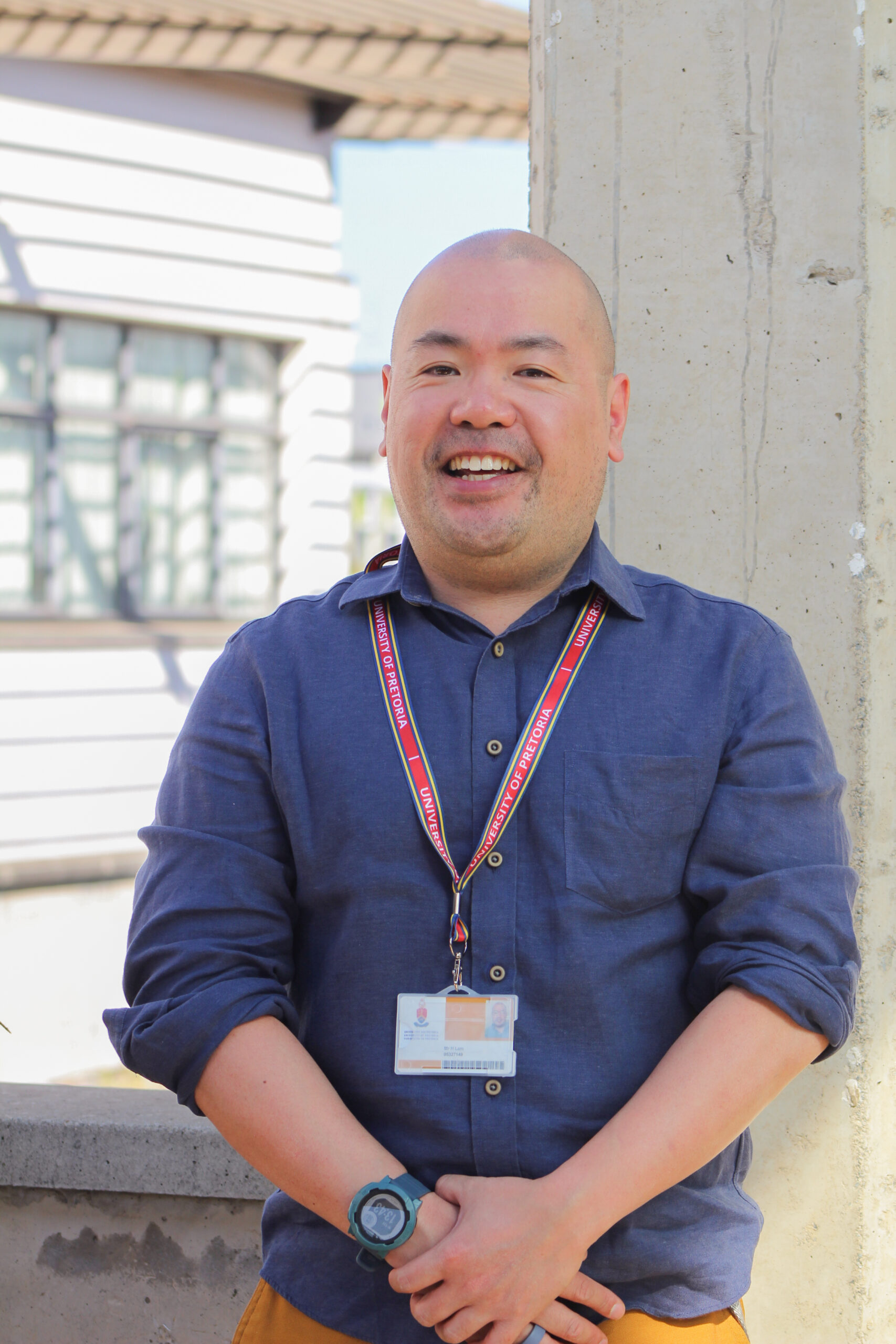
IDHA 60, Pretoria, South Africa
He currently works as an Environmental Public Health Scientist at the UK Health Security Agency
When you join the IDHA Program at Fordham University you have access to many resources:
